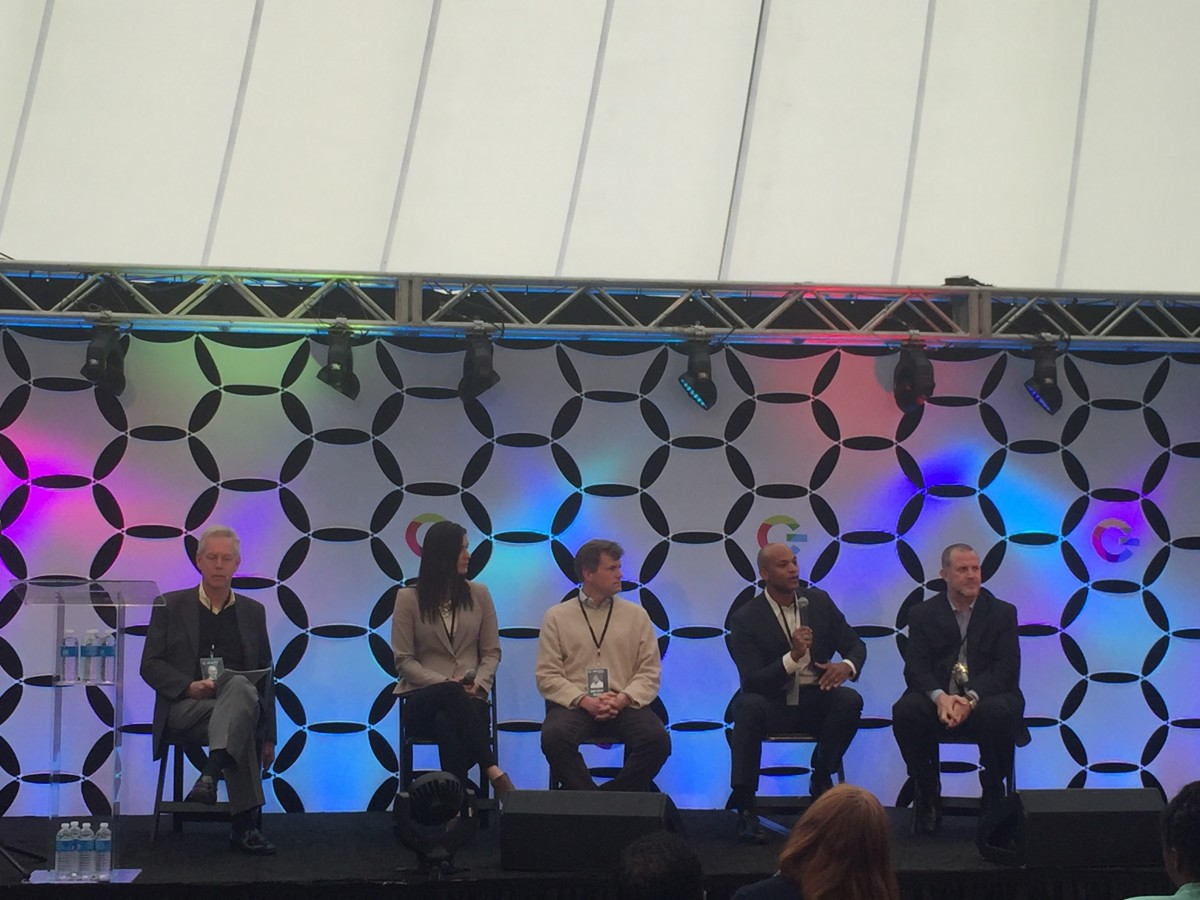Education startups are embracing Baltimore, but the city’s institutions have been slower to embrace the change that their approaches represent.
Whether seeking to help students navigate the barriers to entering college or to learn to write and speak a foreign language, the entrepreneurs who spoke during Light City U’s social innovation conference said the mission-driven nature of education startups fits well into the Baltimore tech narrative.
“You see every single day that your participation is necessary,” said Wes Moore, the founder of BridgeEdu who moved back to Baltimore three years ago. “The need for your ideas to work is essential.”
Here are three takeaways from the panel:
1. Mission and business aren’t separate
Moderator John Cammack asked each panelist about their mission. Having shown that mission is essential for edtech startups, the panelists also talked about how the “double bottom line” extends through to a business’ traditional primary purpose of making money. To Straighterline founder Burck Smith, the difference between a for-profit and nonprofit doesn’t lie in whether they have a larger goal.
“The way I see it, if you are delivering a service for a fee, you are a business. The difference is whether you pay tax or not,” he said.
Straighterline has a goal of making college more affordable for students, and that can’t happen if they aren’t successful in their business model, Smith said. “If we don’t do a good job serving our customers, who are students, they won’t come back,” he said.
2. Baltimore educators could do better
ClassTracks founder Lida Zlatic said her hometown of D.C. was a better place to find supporters of edtech efforts within the school system. Smith said he hasn’t been able to sign up any Baltimore colleges. BridgeEdu’s Moore said Baltimore is overall slower to adopt innovation than other cities. The city has a “gatekeeper mentality,” he said.
“If you kiss enough rings, you’ll get a chance to prove something,” he said. “We’re putting far too much power in the hands of far too few people who benefit from status quo.”
3. Equity is important
As Moore said, “Equity means complexity” in building and delivering edtech tools, but that doesn’t mean it should be ignored. Creating products that can serve all students means considering the cost, whether it adds friction and whether it is useful all have to enter the conversation.
In Baltimore, helping students requires acknowledging their complicated backgrounds. He used his own upbringing as an example, saying his mom didn’t have the social capital to help him.
“A whole lot of life gets in the way for a lot of our students,” he said. “We can’t be afraid to invest in them.”







